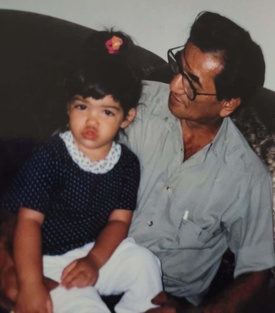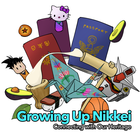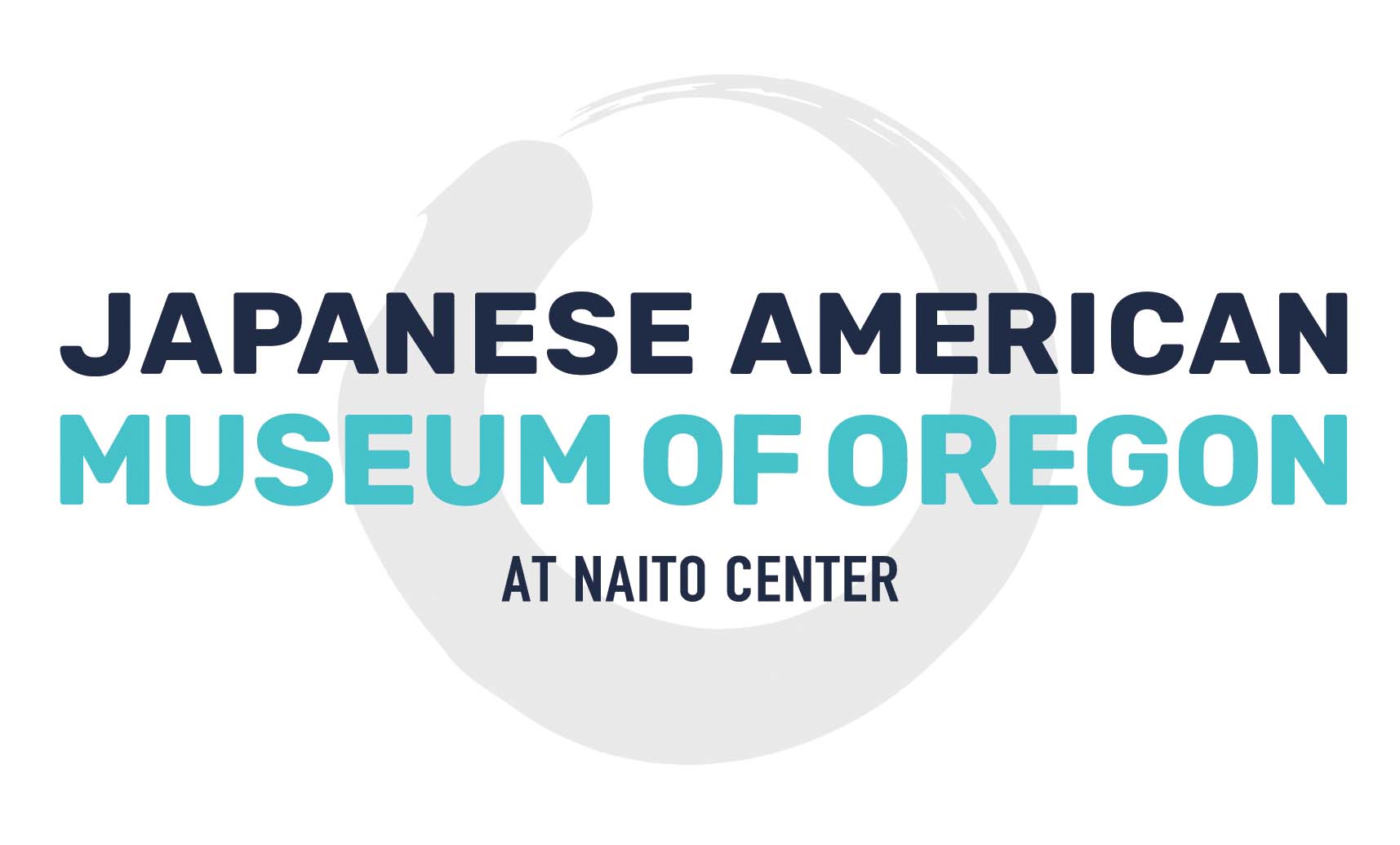Whenever I remember moments between my grandfather and me, I smell pastries and soda. We went to the market on Saturdays, near his workshop. He would buy pastries, one for me and one for him, stroke my hair, smile and we would share the meal. I was little and since then I learned that my grandfather said “I love you” silently, but it was almost said spelled out, while his smile widened and his eyes closed.
“Your grandfather is quiet like that, because he is Japanese”, was what I usually heard as a child and at that time, in a simple thought, I came to believe that Japan was a silent nation. I imagined temples, forests, mountains of silence, I filled in what my imagination allowed me to do and then transformed it into an experience and told it to my classmates. "In Japan, everyone is like that", and everyone agreed because, deep down, children of 5 or 6 wouldn't know how to tell the distance between Japan and Pindamonhangaba.
Over the years, I began to reflect on what my grandfather's silence carried. The difficulties of being a Nikkei, his marriage to a Brazilian woman that cost him harmony among his family, the tattoo that I never knew how it got there on his arm, whether it was happy or sad. Would you like to be a grandfather? And who was he as a man? I liked football, but what else? What built and builds your character?
Living in a family of divorced parents, I could never fully understand what it was like to grow up Nikkei. I didn't have friends with Japanese families, I didn't participate in undokais, the first time I heard taiko was at an automotive event with presentations from a renowned brand. I felt foreign to something that should be so familiar to me.
My grandfather never sat me down to tell me how he felt about Brazil or what he felt about Japan, so I never knew what to feel about either. We never speak Japanese to each other, like in other very traditional families. My grandmother never made me a bento and we never discussed religion, although I always saw a Buddha figure on her altar. Maybe this disconnection that I felt for many years, he still feels today.
It was only in adulthood that this missing piece became essential for me to better understand who I am. My way of thinking, of acting, my body that seemed so different from the Brazilian standard, my hair that was always so full and that I was always reluctant to like, I started to see so many strong Okinawan women treating me with so much affection.
The disconnection with the standards of the Catholic church and the enchantment with the matriarchal wisdom of the Ryukyuan religion. We could sit and talk, just me and my grandfather and I would have so much to ask, so much to say, so many experiences came to mind. I think about this every time, and that this should be urgent, since we don't know how long we have in this life.
But then, there I am next to my grandfather again. Now, between us, my little daughter sits and I return to that same place of my childhood. I don't think I'm wrong, but I'm not the only yellow woman who knows this comfortable place, this silence between generations. Now he says "I love you" to my little one, the same way he did to me: big smile, small eyes and she responds in the same way, big smile, small eyes and in silence.
© 2023 Thais Okubaro







